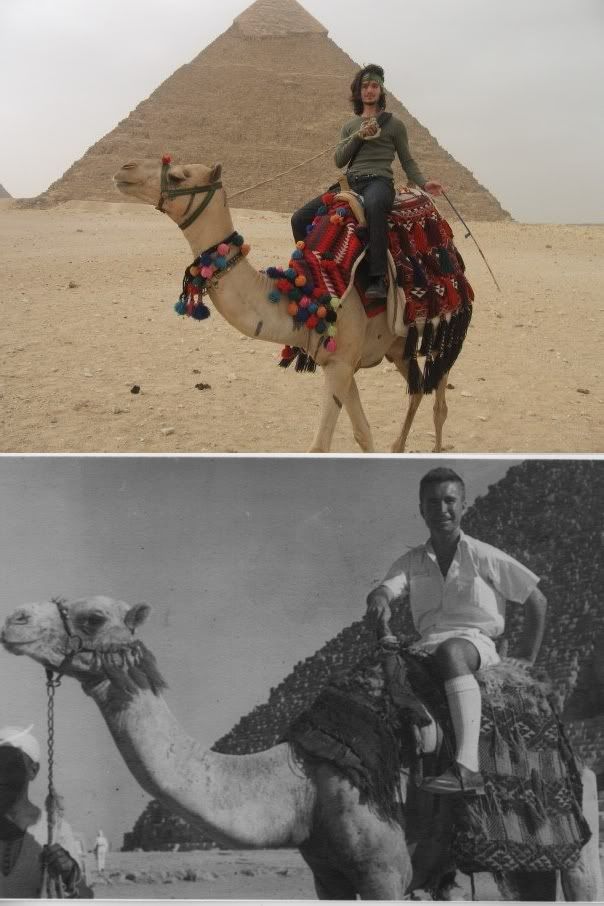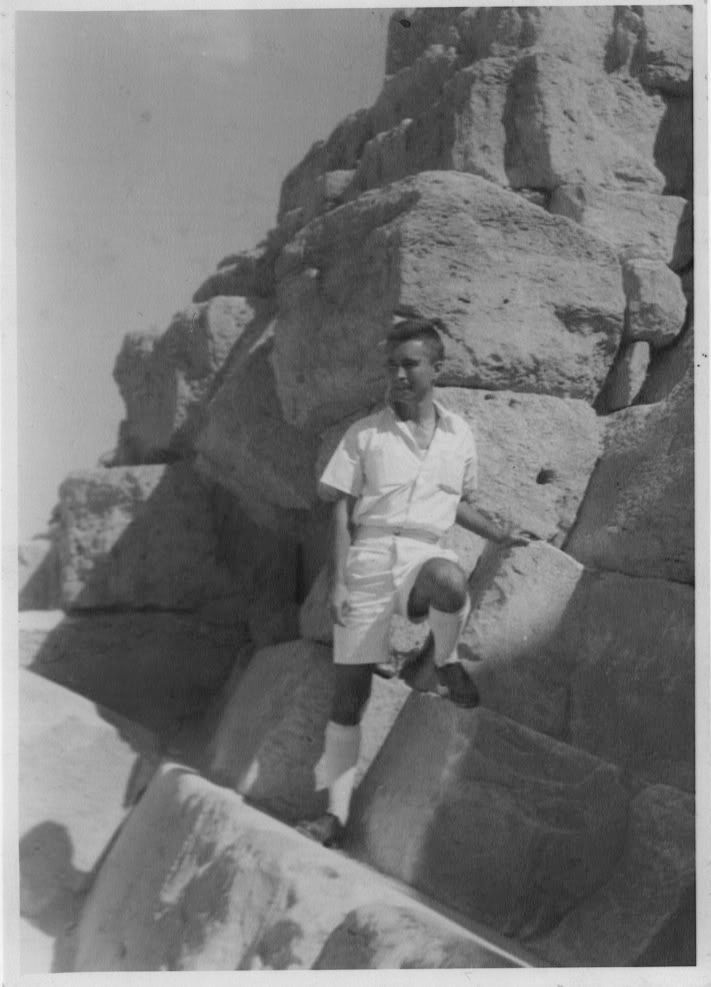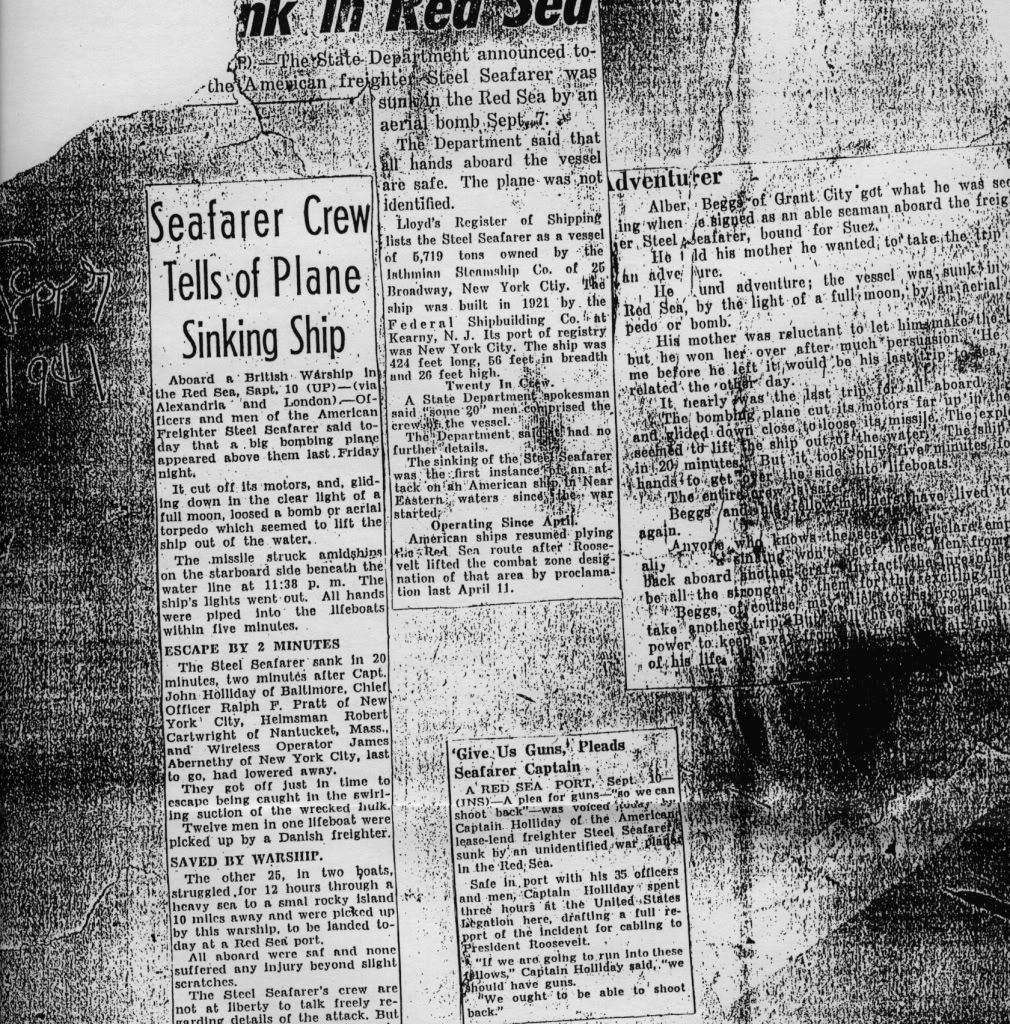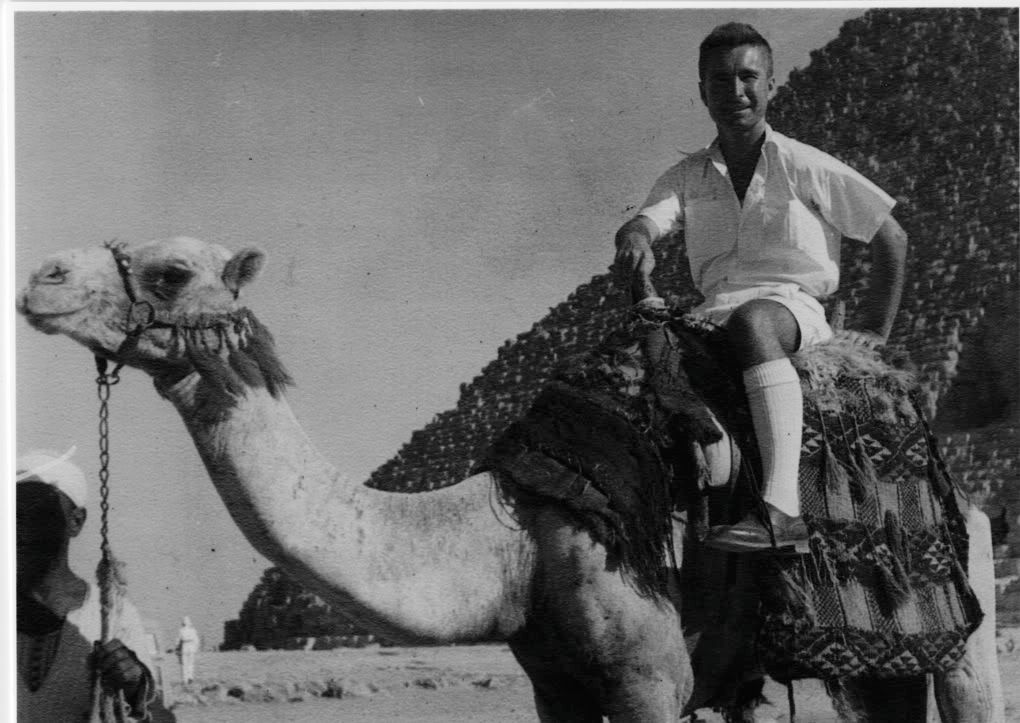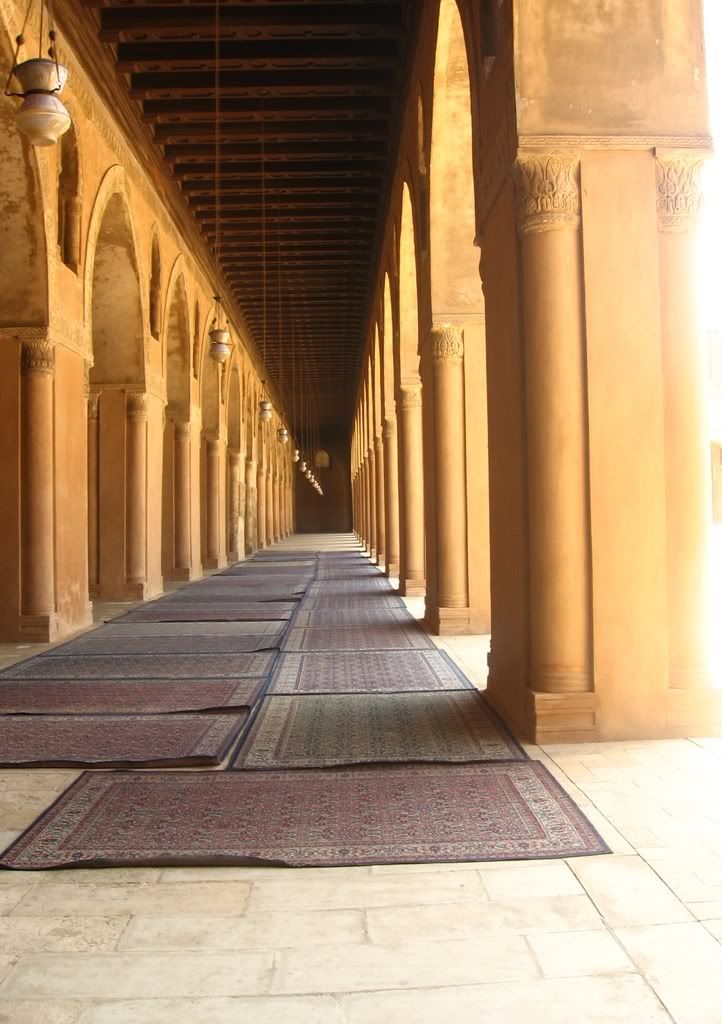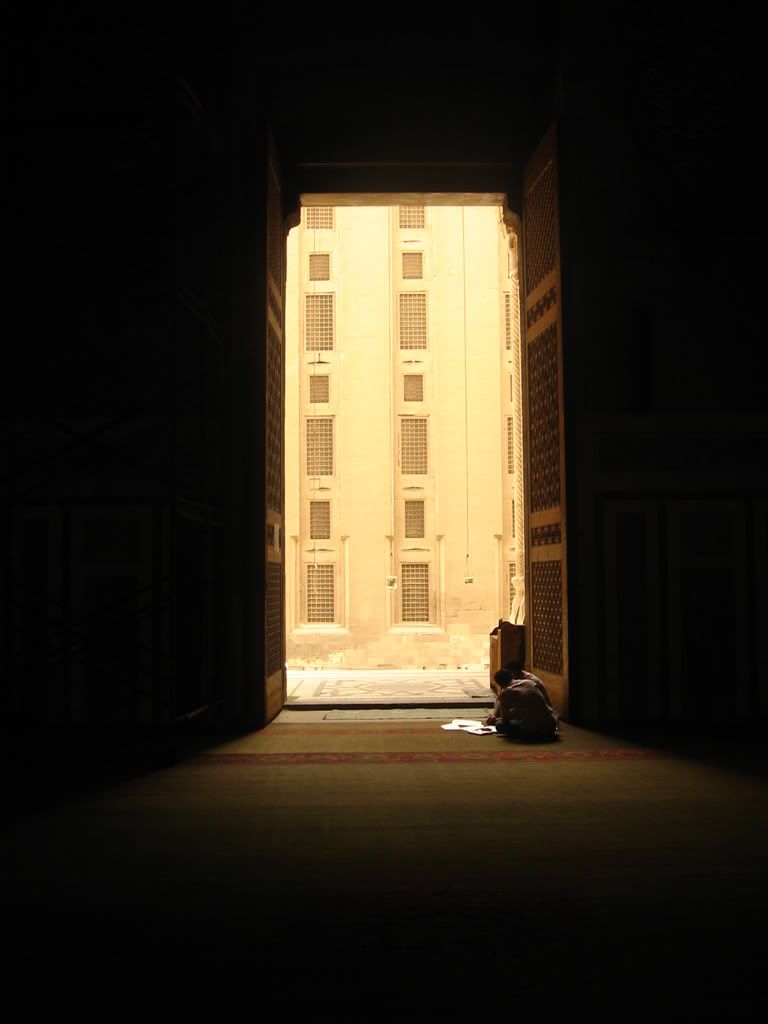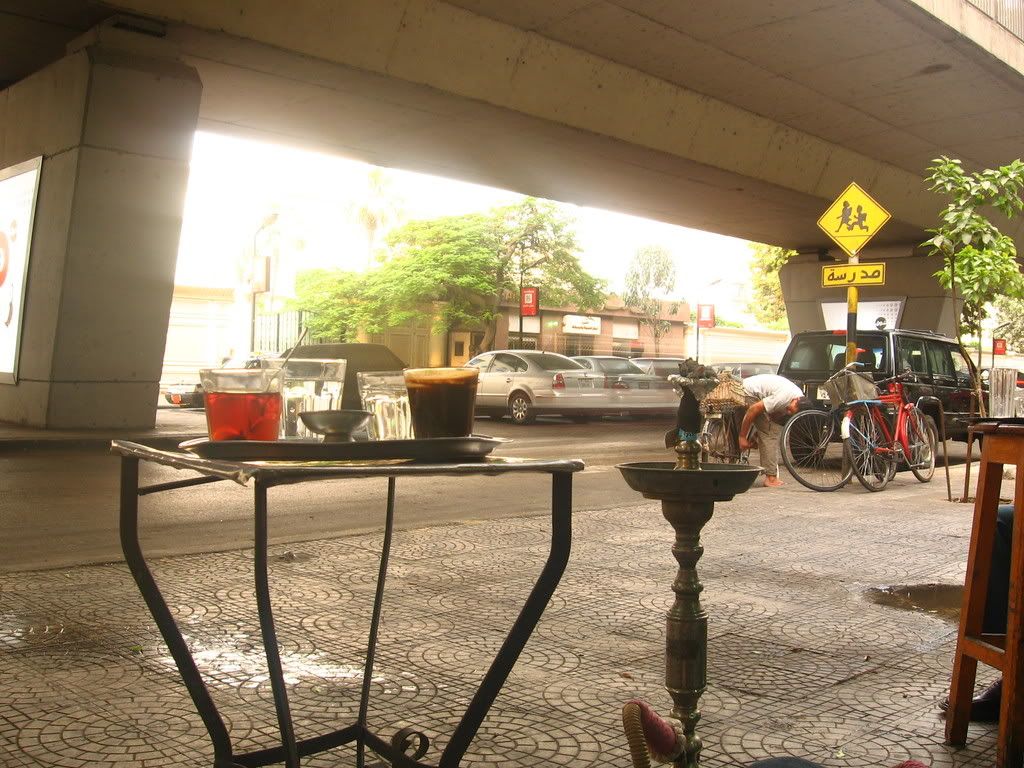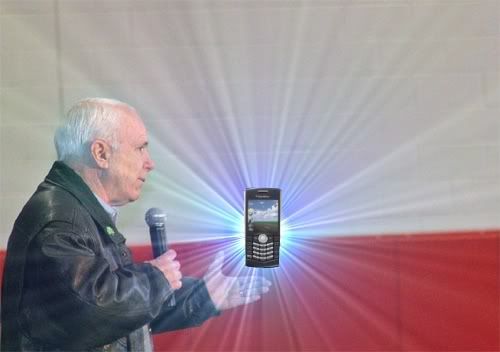Evan passed through the metal detector at the front of the Sheraton Zamalek. Every major building in Cairo had one, but they were more for the Egyptians than foreigners. He brushed sand from his hair as he headed for the hotel cafe.
Tourists clumped around the glass tables, fanning themselves with magazines while groups of bored, rich Egyptians looked on in faint amusement. He scanned the room from behind his sunglasses. A heavy hand on his shoulder startled him out of his search.
“Evan Rochester, isn't it?” Evan spun around and fought to keep his cool. The man standing before him was dark and conservatively dressed in a Western suit. His thin lips curved in a sardonic smile. “I'm sorry, I didn't mean to disturb you. Sit, please.” The man moved back to his table and lowered himself into the chair with a stiffness that suggested old injuries. He watched Even for a moment as he toyed with a glass of Egyptian tea.
“And you, I presume, are Said.”
“How astute of you.” He motioned to one of the young men lounging behind the hotel bar.
“Yaa, ustaaz?” asked the youth. He used the word 'professor' as a slangy honorific.
“Bring my friend a tea.” He turned to Evan and spoke English. “Sugar?”
“Black, please,” he responded in Arabic.
Said clicked his tongue. “Don't you find that very bitter?”
“I prefer it – whenever I get sugar, it's always too sweet. Gives me a headache.”
“Of course.” The man reached into the pocket of his leather jacket and produced a steel cigarette case and a lighter. “Smoke? They're British – Dunhills.”
“Thanks,” He took one and flicked the lighter experimentally before lighting it. Said lit one for himself and set the case down in the center of the table.
“You work for a newspaper? So you know what I refer to when I speak of the Abdel-Kareem affair?”
Taken aback by the sudden shift, Evan nodded his assent. “I do.”
“There are a lot of sides in this thing. It's very sensitive.”
“The main one is whether it's true.”
Said waved dismissively. “Of course it's true. The question is how much of it is true, and when, and where.”
Evan leaned forward over the table. “And you know?”
“I know a great many things, Mr. Rochester.”
“A great many things in this world aren't important. Take your name. Is it Said? Isn't it? It doesn't matter the slightest to me. What does is what you can tell me about General Abdel-Kareem and whether or not you can prove it. Or if you don't, who does?”
Said smiled generously and waved his hand through the air. “ And here we are, Mr. Rochester. I know a lot of people. That's the line I'm in. That's it exactly.”
“There's a word in English for someone who knows a lot of people but doesn't know anything important. Lobbyist.” A long pause passed between them. Rochester raised his cigarette to his mouth and found that it had burned halfway down into a thin grey tube of ash. He tapped it out in the marble ashtray.
“I don't know this word.” Said frowned. “But regardless, that's how it stands.”
“And how did you find me?”
The smile returned. “Like I said, some things matter and some things don't. What I want to do is meet with you again, now that we understand each other. Meet with you, and another man who knows a great deal and has some of the same interests as you. Maybe the same interest as me. Maybe even General Abdel-Kareem's. Allah only knows.”
“This is all fascinating.” Evan switched back into English. “We couldn't have done this over the phone?”
“Perhaps. But then I couldn't have given you this.” Said pushed a slim manila envelope across the table. Evan reached for it and Said lifted a finger. “Ah, it's a surprise. Open it after I'm gone.”
“It's not a bomb, is it?”
Said laughed, a sound with a faintly unpleasant edge. “I wouldn't worry about that, Mr. Rochester. And now I must be going. Although be assured, there's plenty where it came from.”
Evan smiled with one side of his mouth. “How can I contact you again?”
“We'll let you know, Mr. Rochester.” Then he was gone, limping slightly as he carried his thin attache case and his Economist, leaving only the envelope and an unusually crisp five pounds for the two teas. 'We,' thought Evan. There was something that might be important. Or it might not.
He didn't reach for the envelope right away. Instead, he stopped the digital recorder in his pocket, threaded a single audio bud into his ear and played it back. Surprise and dismay spread across his face. Where the conversation should have played back to him, the recorder only provided a dull electronic hiss.
“Bloody hell,” he said under his breath. He gingerly turned the envelope over in his hands, giving it an experimental shake, and finding it to be innocuous, he opened it and slid the contents out and inspected them briefly.
He was careful not to let the shock register this time. After a moment, he bundled everything up, tossed it into his battered briefcase and left, humming quietly to himself. He left the hotel and caught a cab up the island of Zamalek to a crumbling old apartment building by the water. There was no doorman but somebody had left a package to prop open the door so he went in and took an elevator to the 14th floor, an unnerving experience because there were doors inside the elevator so as he went up he could see into the crawlspaces between each floor and ceiling and he had to stand back so his coat wouldn't catch in the gaps. It was one of those things about Cairo.
There was a long wait after he rang Carlos Ribeiro's doorbell and when he finally got the door Carlos looked confused.
“You're not Mustafa,” he said.
“Cheers to you too,” replied Evan as he stepped inside the apartment. Despite the building decaying around it and the general air of abandonment in the darkened halls it ranked as one of the nicer apartments downtown, with its airy view of the river and modernist décor that looked as if it had been installed in 1959. “ You know there's no one downstairs, don't you?”
“Isn't there? How'd you get in?”
“I let myself in. Door's open.”
“Well, the bawab must be drunk again.”
A bawab was a sort of doorman, superintendent and security guard rolled into one, and nearly every building in Cairo had a hereditary dynasties who watched over and made sure the building did not slip off from to day. They were all more or less corrupt in a genial sort of way and the one who looked after Carlos' building manifested his corruption by levying a kind of alcoholic tax in exchange for ignoring the building's nominal prohibition on spirits. This meant he was drunk most of the time which, in the end, didn't hurt anyone.
Evan walked to the window. The day was getting on and the sand had died down so the city was laid out clearly before him and cast in a bronze glow from the sun going down over the edges of the apartment buildings across the river.
“Have a drink?” asked Carlos as he poured himself a gin and tonic from the little bar he kept on his end-table. “I just hit the Duty-Free.”
“When did you fly out?” Evan turned around.
“Oh, I didn't. I just know a man down there. Got a fifth of Tanqueray for a sizable discount.”
“Then make it a T&T for me.”
Evan took his drink and resumed his place leaning on the open windowsill while Carlos took a seat on a leather easy-chair and occupied himself with rolling a joint with hashish from a sticky, foil-wrapped sliver the size of a pencil. His thin brown fingers moved moved quickly and nimbly as he rolled the hash between the tips to soften it and sprinkled it along the cigarette papers.
“Don't you ever work, Carlos?”
“Not if I can help it.”
“Like today, for instance.”
“Sure I did work today. I had lunch with a minister from Interior.”
“About?”
“Business,” said Carlos, waving his hand vaguely. “This and that. Nothing very interesting.”
“Oh, it's that sort of thing?”
“Yeah. You know how it is with the government here. Everybody has an angle.” He shrugged and took a long drag. “Same as everywhere, really. But they're more enthusiastic about it here.”
“You got more than most, though.”
Carlos smiled crookedly. “It's true, isn't it? Well, everybody has to be good at something.” He extended his arm lazily, like a billiards player. “Getting the angles.
“Charming, really, Carlos. But I'm not just here to get high and chit-chat. I have some real questions.”
“About?”
“Abdel-Kareem.”
Carlos leaned forward, the joint dangling between two fingers of his left hand. He rolled it back and forth along his knuckles and then carefully doused the burning end with his fingertips. “Careful, Evan. You know what the stakes are here. I don't know if I want to have anything to do with this..”
Evan grinned and swallowed deeply from his drink. He drew the manila envelope from his fingers and fluttered it in the air. “But you want to see these, don't you?


